Hotel Green Efforts Are Hitting Right Message for Social Media Users
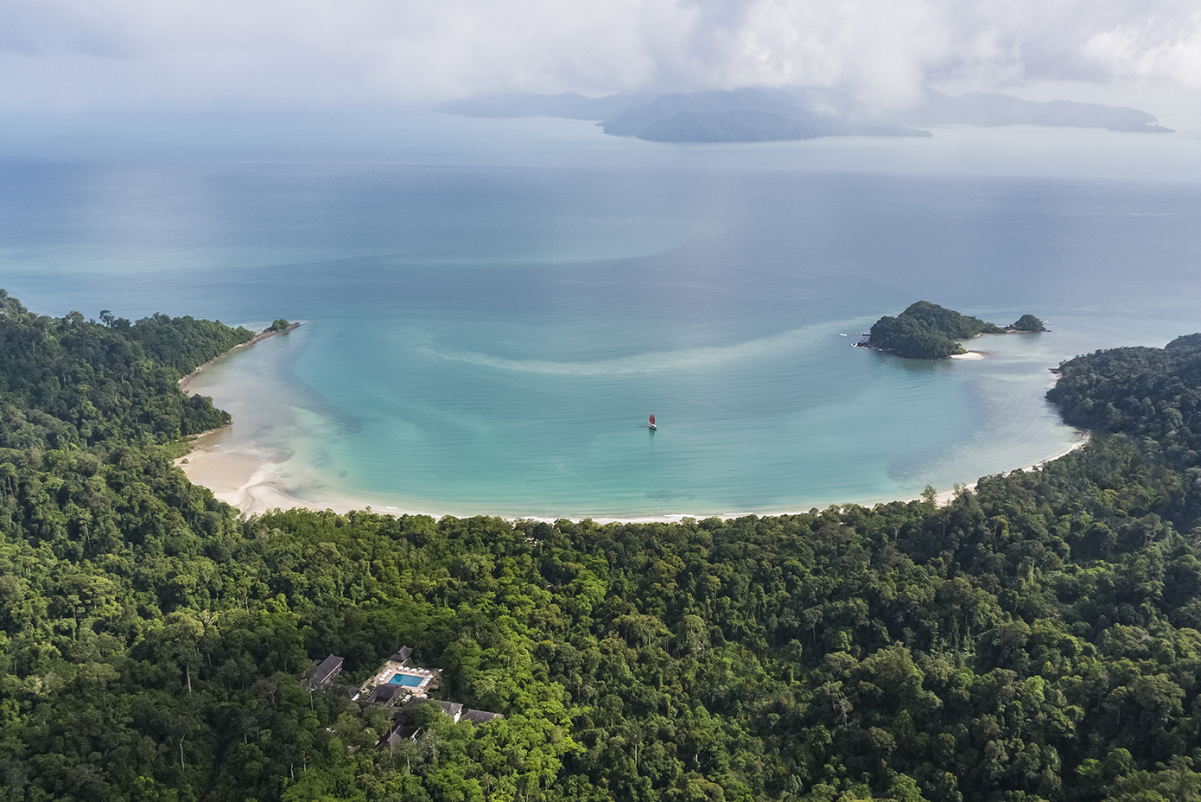
Skift Take
Many hotel companies pledge to do better on ESG, or environmental, social, and governance goals. We found a few brands whose work on the “E” in ESG deserves an A grade in the eyes of many social media users.
From reinvigorating the site of a former mine to protecting sea turtles and their habitats, several hotel companies are supporting environmental efforts that deliver a bonus — namely, ideal content for social media engagement.
Hoteliers have recently shared on Instagram, TikTok, and other platforms content portraying verdant panoramas, cute animals, and adorable children immersing themselves in local activities. They said this experiential and sustainability content has been resonating on social media better than average.
Here are three brands whose work has been racking up likes and shares.
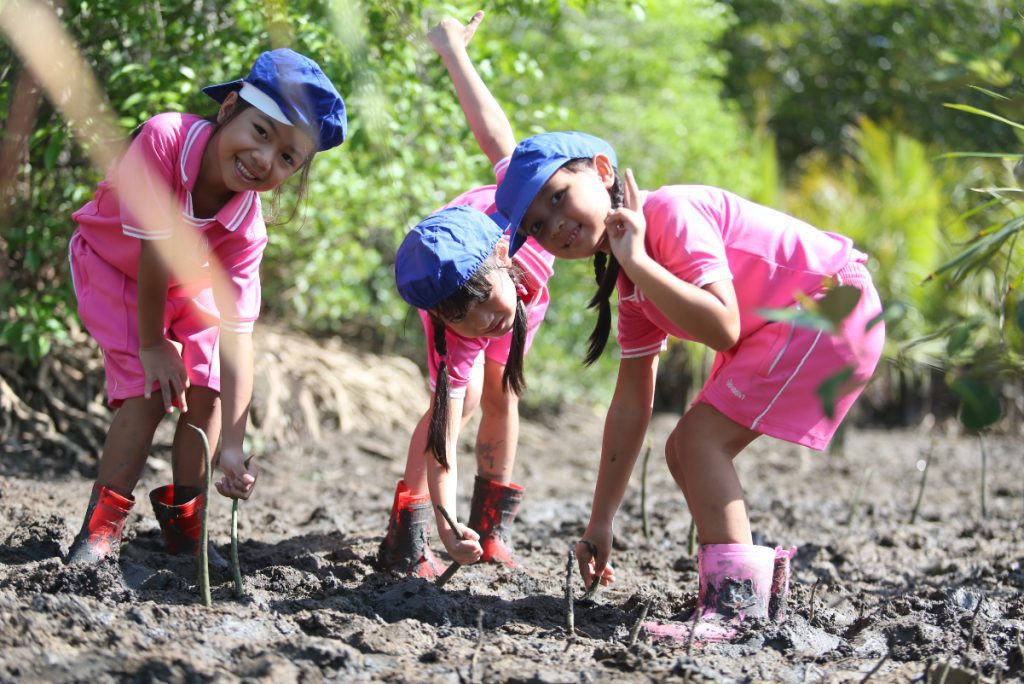
The Datai Langkawi
The Datai Langkawi is a resort in Malaysia's northwest with a private beach, 28 hectares of rainforest, and a spa. In 2019, it founded a private trust for its conservation and sustainability work, where it does community outreach projects (such as partnering with a marine mammal conservation organization to adopt dolphins), waste-cutting efforts, and projects to support local flora and fauna.
The resort manages dedicated profiles for The Datai Pledge on Instagram, Twitter and Facebook. Since creating the profiles a year ago, the Datai Pledge audience has seen strong engagement. On Instagram, content is attacting an impressive 10 percent per post engagement for the Datai Langkawi Pledge, said Arnaud Girodon, general manager of the Datai Langkawi. Industrywide, Instagram engagement rates between 1 percent and 4 percent are considered good, and 5-6 percent above average.
Keeping the pledge profiles separate from the brand's main commercial accounts “ensures that the tone fits the message," said Girodon. “We are very careful not to be too commercial, as we feel that would send the wrong impression."
The hotel does reshare the stories on its main social media accounts, bringing in guests — and potential guests — inspired by the conservationist mission. But unlike traditional short and punchy content, the team bucks convention slightly with longer posts – like a recent campaign focusing on International Coastal Clean-up Day – that skew more “educational,” said Girodon.
On-site education features prominently on an ongoing basis, including an outdoor classroom constructed from 8,000 glass bottles and 618 pounds of recycled plastic. Beyond tree planting and coral education with resident naturalists and marine biologists, guests are encouraged to attend upcycling workshops at the lab.
Girodon said that ideas like regenerative travel — the mindset of leaving a destination “better” than it was before arrival — are the next step in experiential travel.
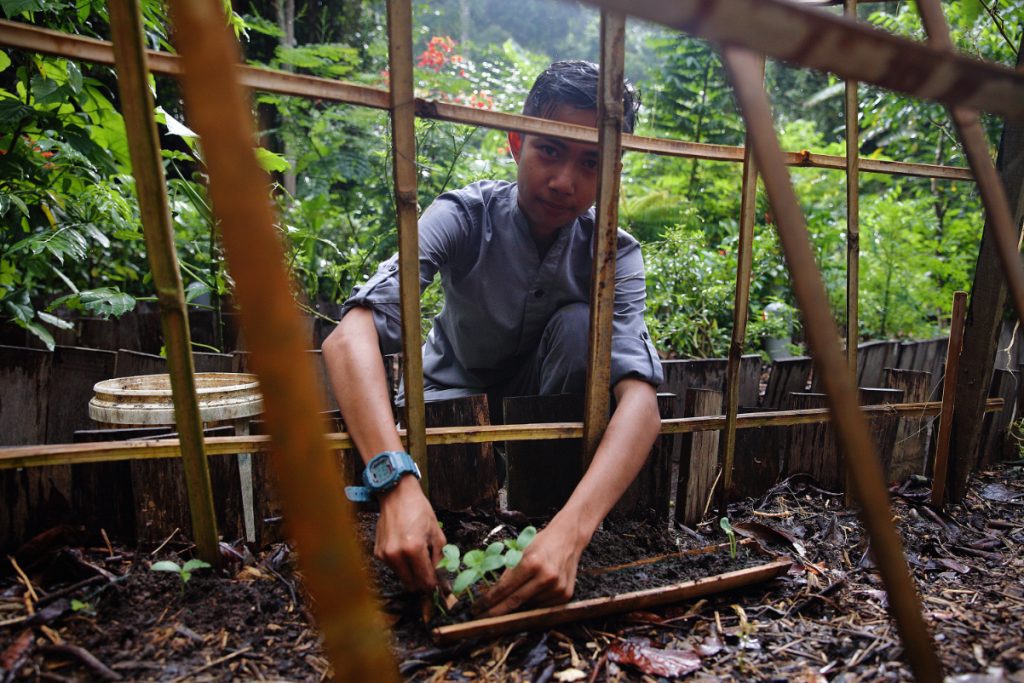
Fairmont Hotels & Resorts
A key ingredient in travel social media has always been visual inspiration, but Fairmont Hotels & Resorts has found the secret sauce also includes indulging the other senses.
The brand’s virtual “Sustainable Kitchen” holiday cookbook has been so popular in recent years – among the most-shared posts – that this year’s version (launched last week) doubled in page count and is more interactive than ever. Readers can bookmark or download recipes and learn more about chefs in profiles like those featuring Nicholas Issel from Fairmont Chateau Lake Louise.
That property – in the heart of Banff National Park, a UNESCO World Heritage Site – is just one of several Fairmonts located in a national park, said global brand leader and vice president Mansi Vagt. The stunning setting, with craggy mountains and snow-capped Victoria Glacier, is among the most popular locations for nature-loving guests both on social media and in-person, she said.
“We are seeing people book not just to go to a beautiful luxury hotel, but to immerse themselves in nature,” she said. “We had this feeling of being stuck inside four walls for so long that gave us an even greater appreciation for the environment – now there’s a wave of ‘Come back, explore, enjoy.’ ”
Part of those experiences include taste. Fairmont’s commitment to reducing food waste prompted the cookbook, as did its wildly popular Bee Sustainable program. Bee Sustainable – which includes 20 apiaries and more than 20 wild pollinator bee hotels at Fairmont locations worldwide – supports a dwindling honeybee population while also generating significant buzz online. An Instagram campaign for World Bee Day generated 1.2 million hits and almost 17,000 engagements.
Many Fairmonts also nurture on-property herb and vegetable gardens – with immersive tours for guests – and those plots further contribute to pollinator health.
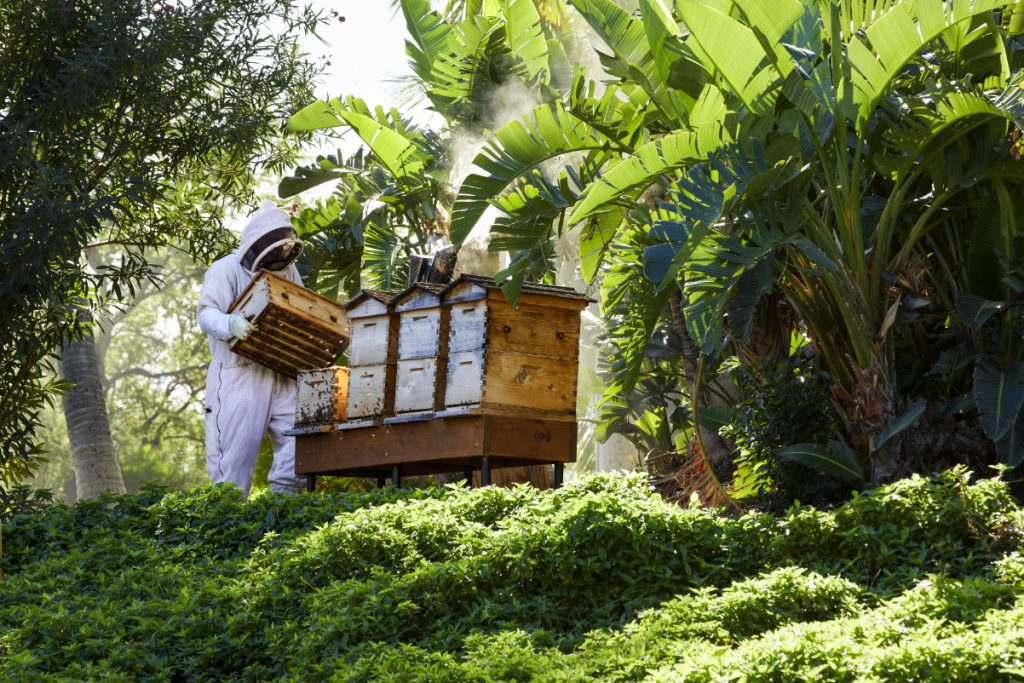
Banyan Tree
Banyan Tree’s resort foundations were built on an abandoned tin mine in Phuket, where three years of toil in the soil detoxified the land and added lush greenery thanks to the planting of 7,000 eucalyptus and pinewood trees. Since then, the company has helped plan thousands more trees worldwide as a way to regenerate the planet. This year’s month-long Earth Day campaign included a donation made for every stay across nine properties. Donated funds were used to plant 5,150 trees in Sierra Gorda Reserve in Mexico.
The efforts resonated online better than many other pieces of content, said chief sustainability officer Steve Newman. They yielded 55 percent higher social channel engagement than other posts, compared to the year-to-date average.
Social media can be a crucial component in moving consumers to taking part on multiple levels, Newman said.
“I don’t want to say environmental efforts like eliminating single-use plastics are ‘table stakes’ these days," Newman said. "But because of media like social posts and sharing, there’s an increased awareness of taking it a step farther than a point in time to ask, ‘What’s next? We planted trees, but what happens to them?’"
Building that story online and in-person can encourage guests to take conservation more seriously, he said. To help guests act on their interests, Banyan Tree is now updating its website functionality so that potential guests can plan a stay around environmental efforts, such as during baby sea turtle release season.
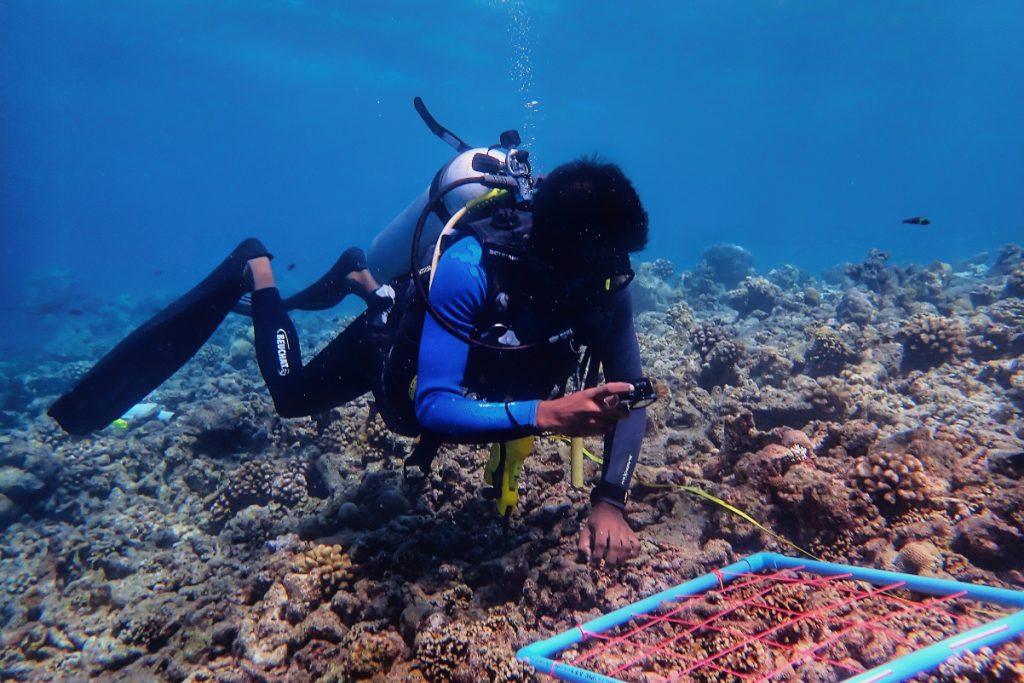
Skift’s in-depth reporting on climate issues is made possible through the financial support of Intrepid Travel. This backing allows Skift to bring you high-quality journalism on one of the most important topics facing our planet today. Intrepid is not involved in any decisions made by Skift’s editorial team.




